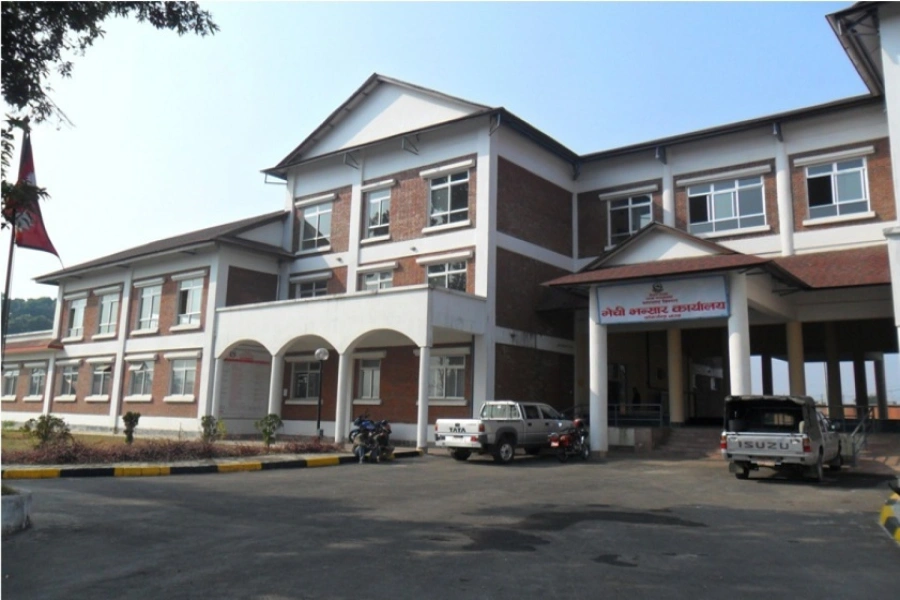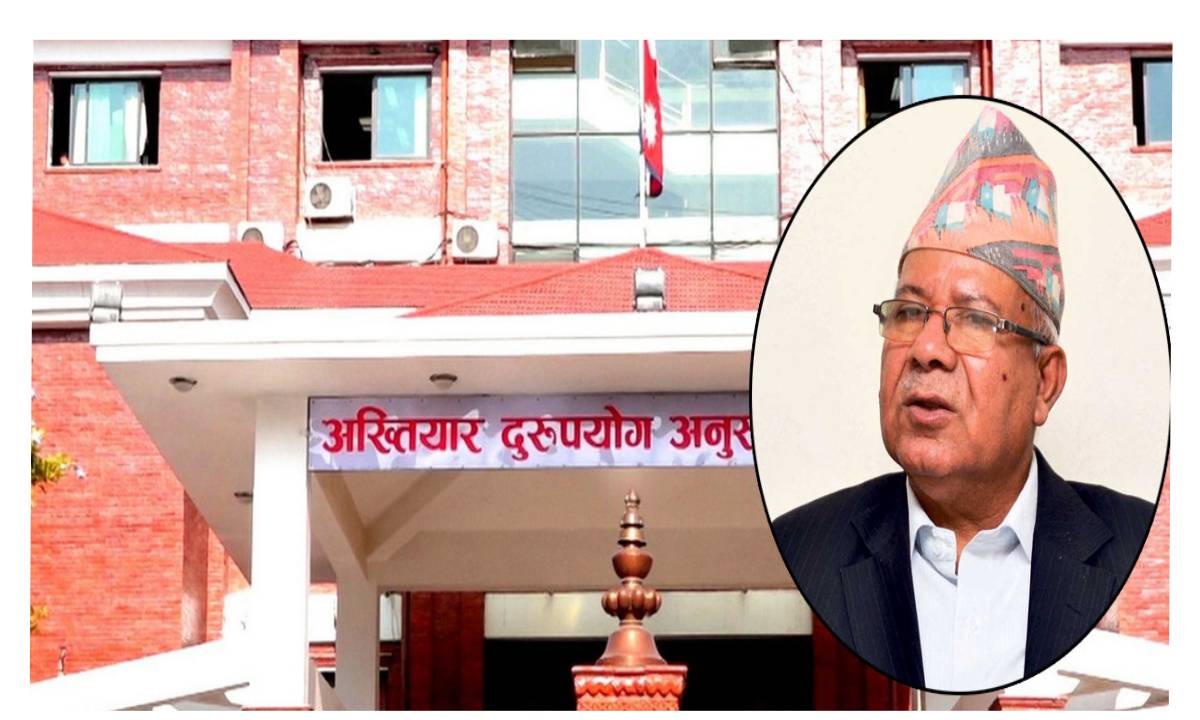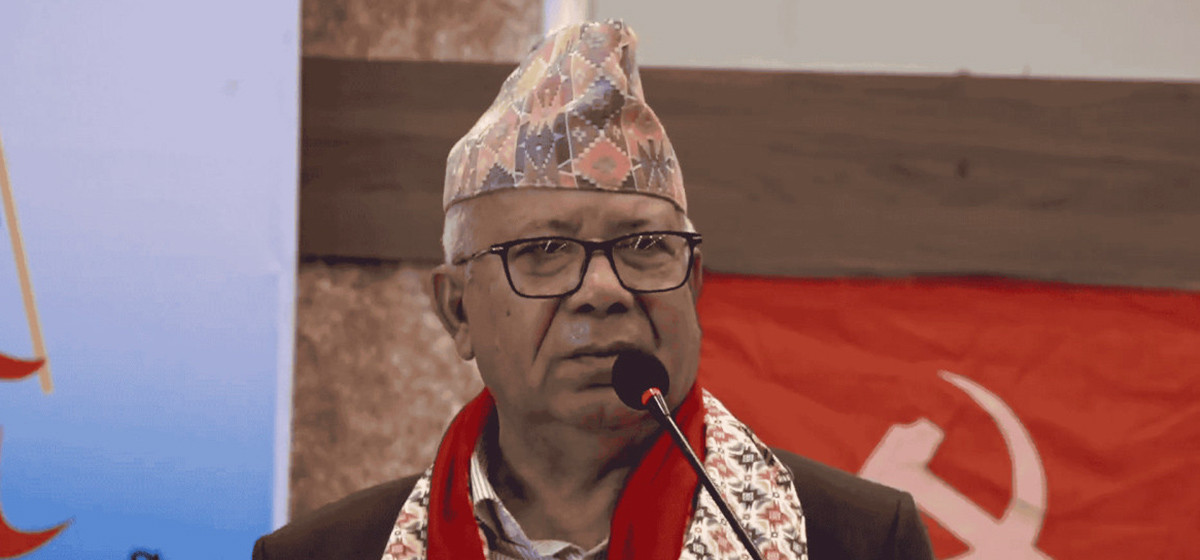Breaking all past precedents, the Commission for the Investigation of Abuse of Authority (CIAA) on Thursday filed a corruption case at the Special Court in Kathmandu against former Prime Minister Madhav Kumar Nepal and 92 others. It indicts former PM Nepal for irregularities done via a cabinet decision—a thing so far considered outside of the CIAA's purview and thus often shielded from investigation in the name of 'policy decision.' The charge relates to a 2010 cabinet decision initiated by Nepal to allow purchase and sale of land in excess of the legal holding capacity. This included permitting Indian company Patanjali to purchase land in Kavrepalanchok for industrial use, despite the fact that the acquisition was over the ceiling determined by existing laws. The cabinet subsequently permitted the sale of the identical land for non-industrial use, even though the land, once exempted, was to be handed over to the government.
The case has triggered intense debate, both legal and political. Some question whether the CIAA has a mandate to probe decisions of the cabinet. Those who support it argue cabinet decisions cannot be rendered sacrosanct policy matters if they entail an abuse of state resources. Others characterize the move as politically motivated, aimed at discrediting an influential opposition leader. As the matter is now sub judice, the final word must be left to the judiciary. That being said, the CIAA must be commended for questioning the traditional blanket immunity to cabinet decisions. If public officials can use collective decisions to protect corruption, then real accountability is not possible. That aside, the case has also given rise to serious skepticism and suspicions. The anti-corruption agency's action also risks appearing selective—particularly in the context of similar cabinet-approved decisions in cases such as the Giribandhu Tea Estate and the Tikapur land scam going unprosecuted. If the guilty in those instances are allowed to go scot-free, then former Prime Minister Nepal's accusation—that the CIAA is being politicized by governing parties will hold weight.
U.S. releases Baghdadi raid video, warns of likely retribution...

The history of Nepal is replete with examples of the CIAA being employed for political vendetta, right from Panchayat times. There have been several instances when the agency has gone after individuals selectively, only for the courts to overturn such decisions for violating the principles of natural justice. In this very case, Nepal and the other defendants are charged with causing loss to the state by enabling, through a cabinet decision, the sale of land that was meant to be maintained as public. The anti-corruption body alleges it has received numerous such complaints regarding the use of cabinet authority to override laws and enrich private individuals. CIAA needs to show consistency in order to truly strengthen the rule of law and validate the accusations that this very step is being taken to finish the political career of a specific leader. It needs to follow through on other such cases with the same determination, irrespective of the political affiliations and status of the individuals involved—even if they are sitting or former prime ministers. Failing to do so will only reinforce perceptions that the Patanjali saga is a political witch-hunt instead of a principled fight against corruption.







































